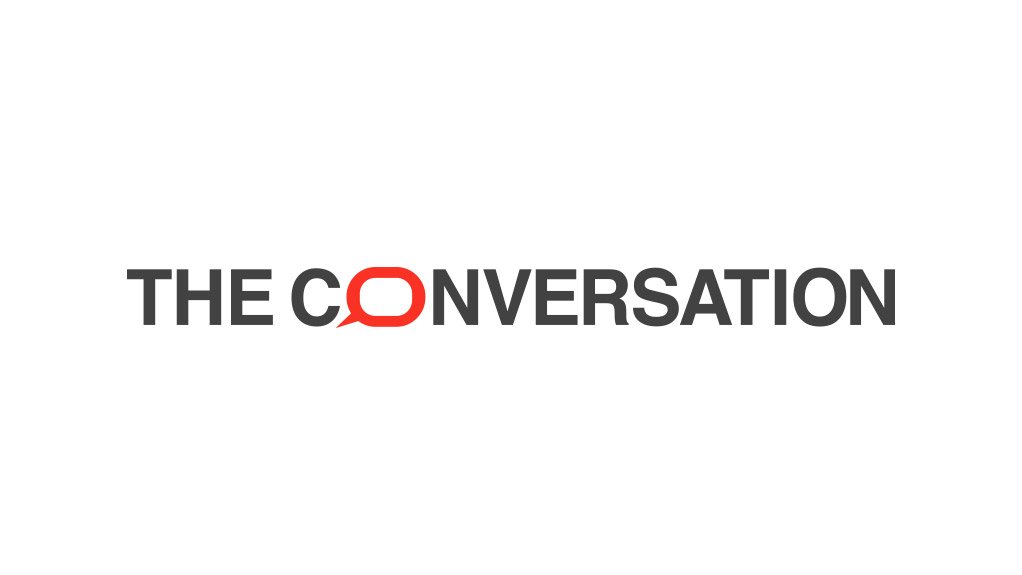As a foreign policy researcher, I recently wrote a paper examining Ghana’s approach to the International Monetary Fund and the World Bank under three presidents: Kwame Nkrumah, Jerry Rawlings and John Kufuor.
I examined these relationships through the lens of Ghana’s economic diplomacy.
My analysis starts with the idea that ideologies guide leaders in addressing issues like security, power and poverty. Ideologies are shared beliefs that shape the way leaders interpret and respond to the world.
Presidents Nkrumah, Rawlings and Kufuor all took different approaches to Ghana’s relationship with these institutions. But, I argue, this did not mean that they abandoned their ideologies. Rather, their different approaches reflected the fact that they had opted to adapt to, conform with, or resist international pressures.
My findings suggest that dependency, even for smaller states, does not mean ideology is absent or irrelevant. For less powerful countries, ideology still plays a role in foreign policy. While acknowledging Africa’s relatively weaker position globally, I found that ideologies still matter. And that shifts and compromises show how ideology can be used to resist international systems and serve government goals.
The three presidents
The three presidents had different ideas about what was best for Ghana, and this showed in their interactions with the IMF and World Bank. Their approaches reflected their own views on economic independence and how they saw the west.
Ghana’s connection to the IMF began with its first president, Kwame Nkrumah. He saw socialism as the path to economic independence. Yet he started talks with the IMF – a surprising move, given the IMF’s free-market focus. As Ghana faced an economic crisis in 1965, he kept IMF talks quiet. He presented some fiscal measures as his government’s policies rather than as external reforms.
After Nkrumah’s overthrow in 1966, successive governments continued to work with the IMF, with mixed results. In 1983, then military leader Jerry Rawlings’ administration enrolled Ghana in the IMF’s Structural Adjustment Programme during a severe economic crisis. This period was when the IMF had a strong influence in developing countries, aiming to help economies recover. Some saw this as undermining national autonomy.
Rawlings’ administration identified as socialist-Marxist and anti-western. It was aligned with nations like Cuba, but felt western support was necessary when aid from the east was lacking. This decision caused tension within his administration. Some saw IMF involvement as neocolonial interference. Others argued it was essential for stability. Rawlings sought a middle path, working with the IMF while trying to maintain Ghana’s economic autonomy.
Even under the structural adjustment programme, his government kept some socialist policies, such as unbudgeted spending and wage increases to support the poorer population. He continued to have economic relations with socialist governments.
His approach shows the balancing act smaller states face: leaders must juggle ideological goals with the realities of the global economic system. Often they must make compromises that do not fully align with their ideals.
The John Kufuor administration came into power in 2001. It marked a major shift in Ghana’s approach, embracing a “property-owning democracy” that sharply contrasted with Nkrumah’s socialism and Rawlings’ social democracy. Kufuor’s ideology focused on free markets, individual initiative and close ties with the west.
Unlike Nkrumah, who viewed the west with suspicion, Kufuor saw western countries as partners. He believed that democracy and free enterprise could help Ghana achieve economic independence. For him, economic independence did not mean rejecting the west but building a strong economy that could thrive globally.
Kufuor’s alignment with the IMF’s free-market approach became clear when he accepted the Heavily Indebted Poor Countries initiative, which offered debt relief. While some saw this as another way for western institutions to exert control, Kufuor viewed it as a tool for development. He believed that working within the global liberal economic system would ultimately benefit Ghana.
Small countries, relevant ideologies
The varied approaches of Nkrumah, Rawlings and Kufuor show that even smaller states like Ghana bring unique ideological frameworks to foreign policy. Guided by socialist, social democratic or liberal values, each leader pursued an economically independent Ghana while adapting to global pressures.
Foreign policy in less powerful nations is not merely pragmatic or imposed. Ideology is key in balancing national priorities with global realities. Ghana wove ideological commitments into economic diplomacy. It shows that smaller states, despite dependency, can assert agency and stay accountable to their citizens.
Written by Emmanuel Kwaku Siaw, Lecturer in International Relations, Swansea University
This article is republished from The Conversation under a Creative Commons license. Read the original article.











